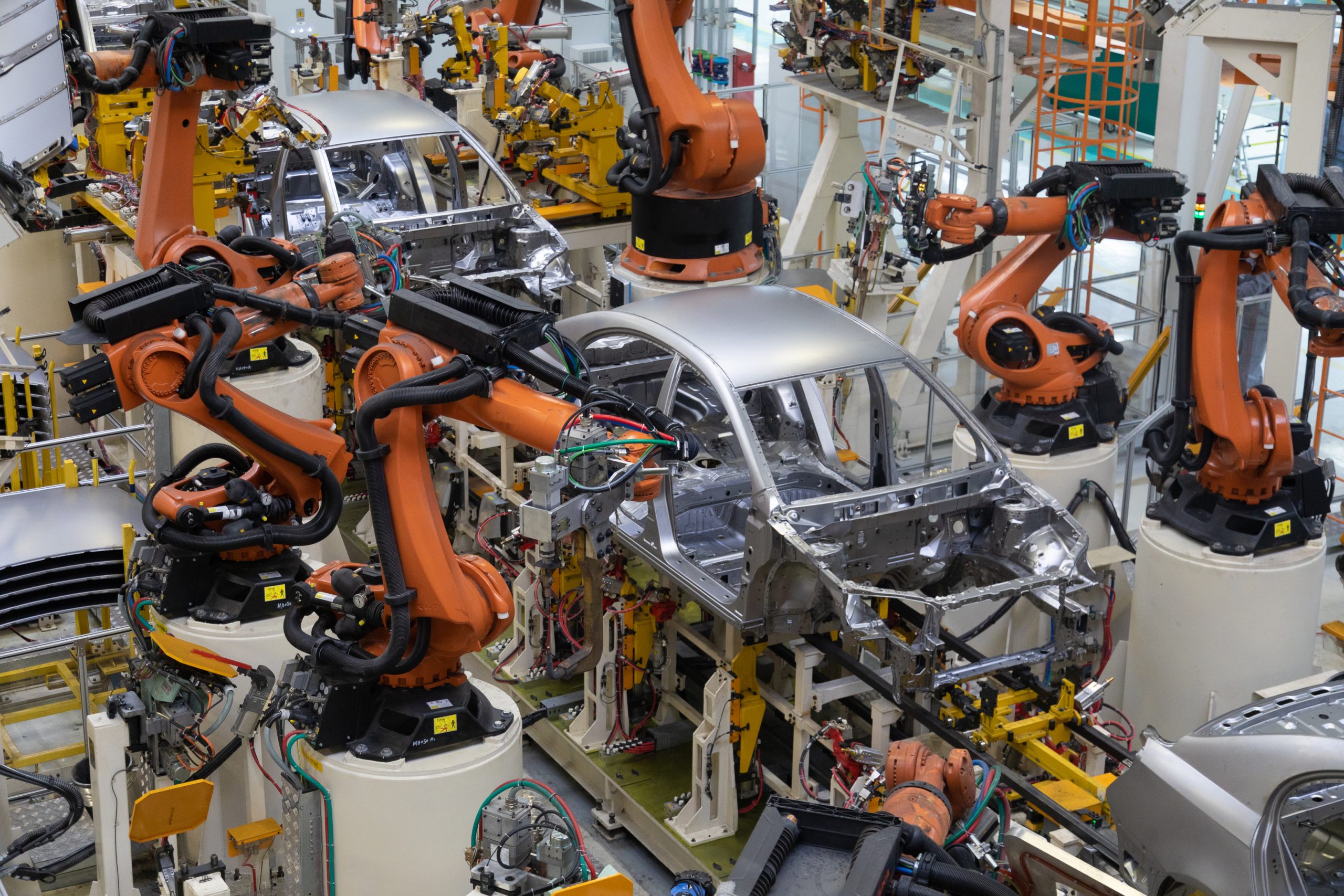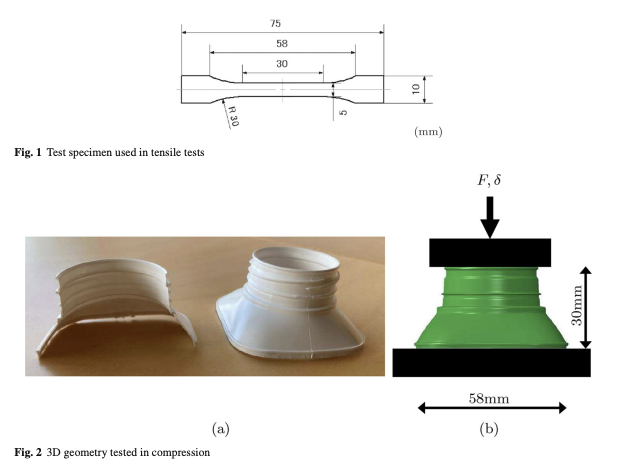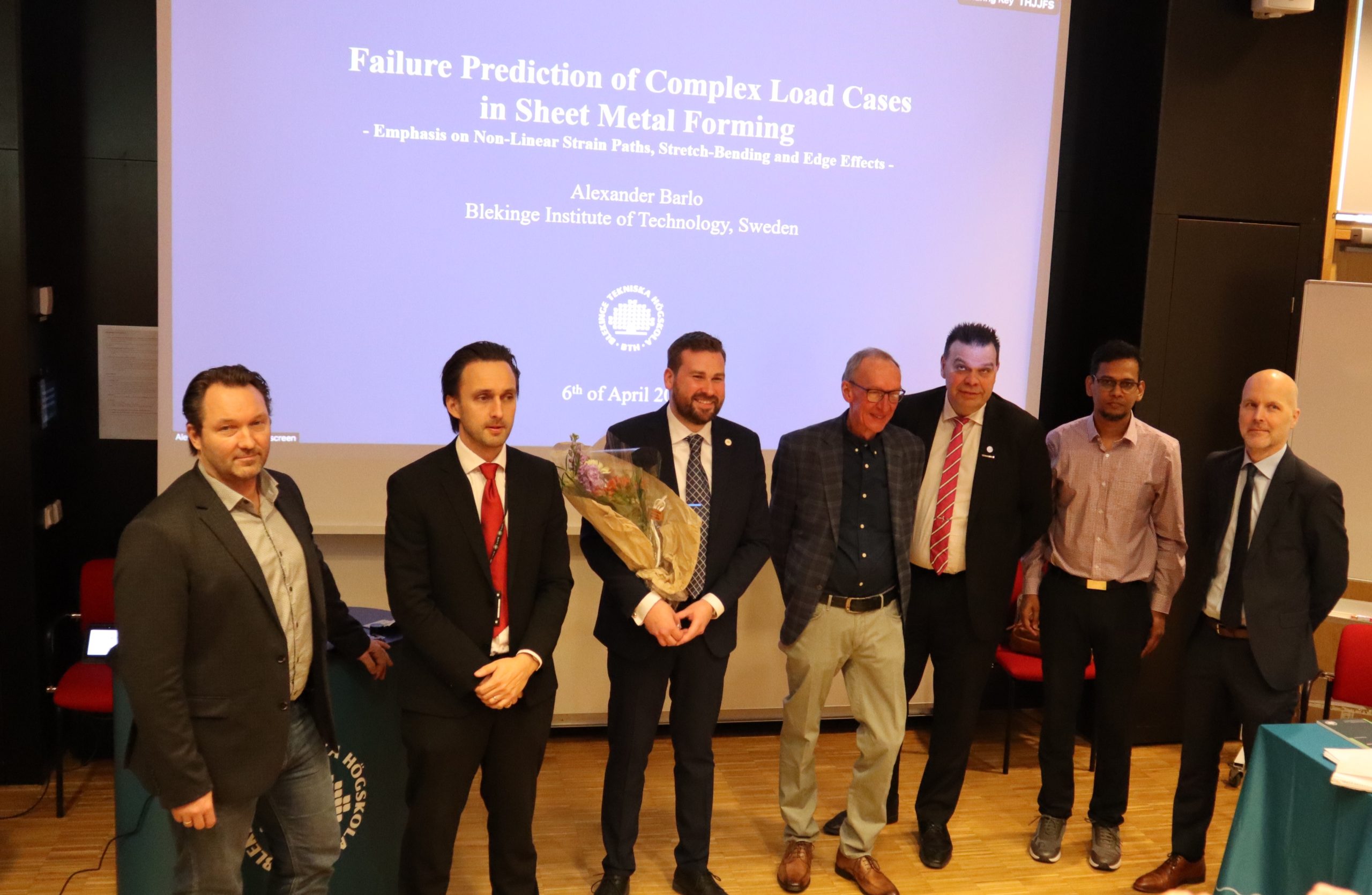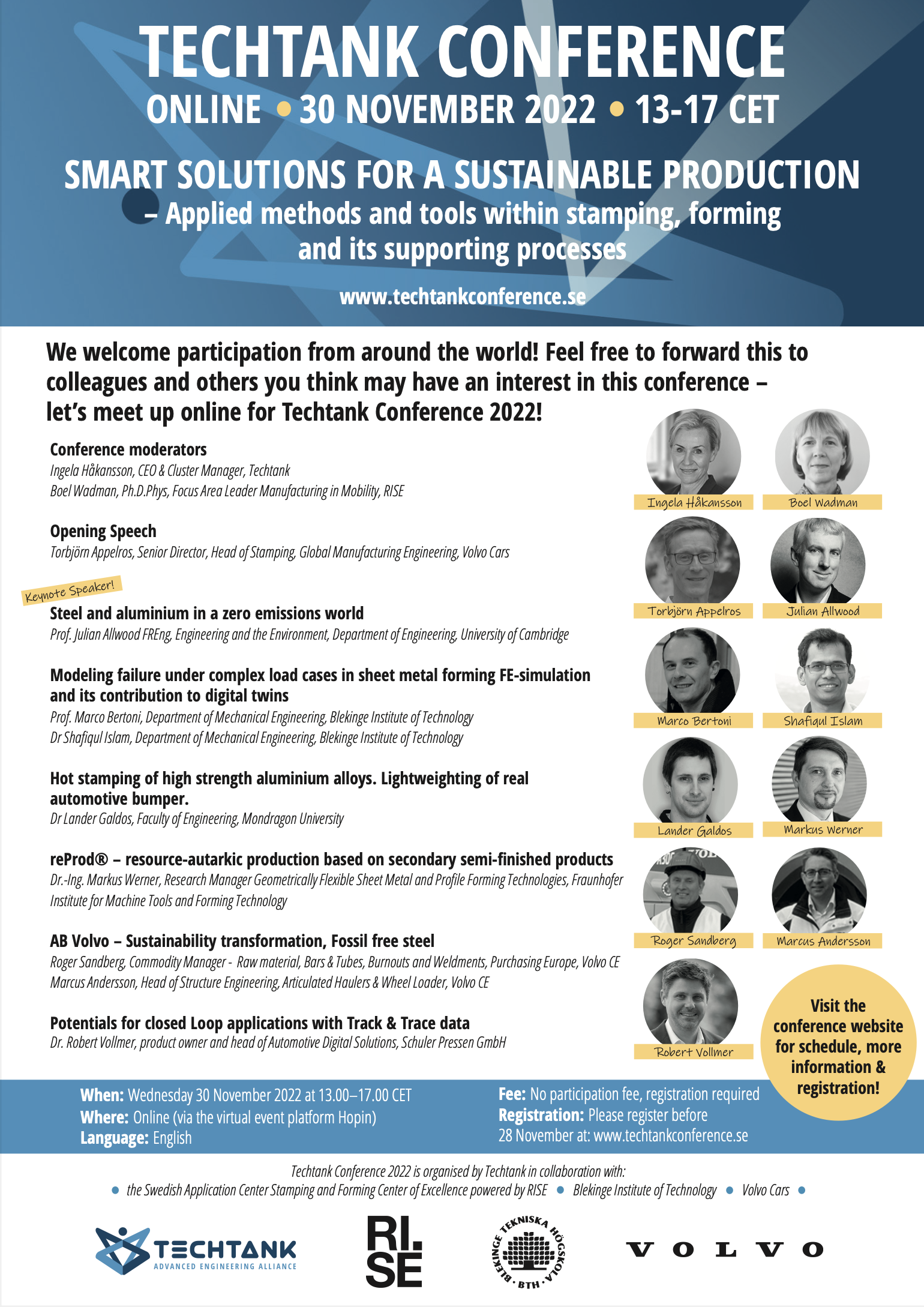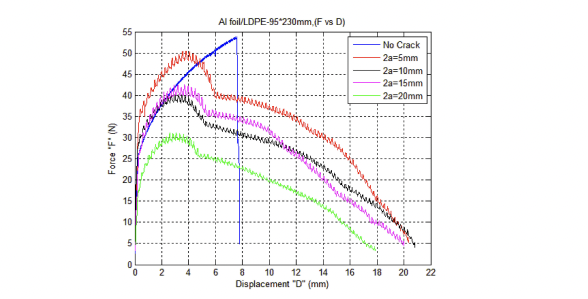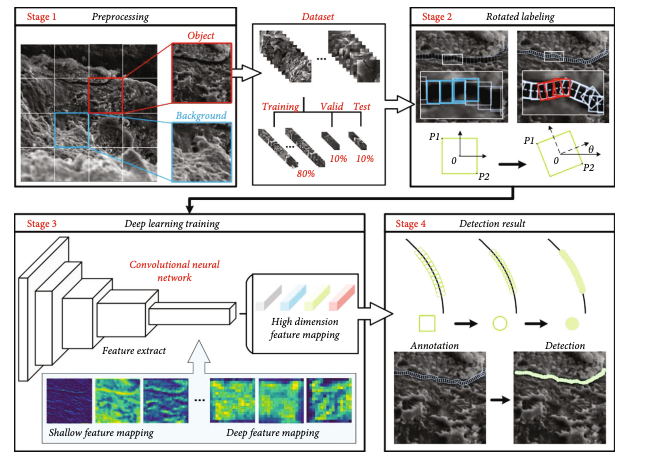Trial lecture for appointment as a docent at Blekinge Institute of Technology (open lecture) Shafiqul Islam at Blekinge Institute of Technology (BTH) will give a trial lecture for appointment as […]
Read More
Trial lecture for appointment as a docent; Shafiqul Islam
- 19th February 2025
- Comments off

